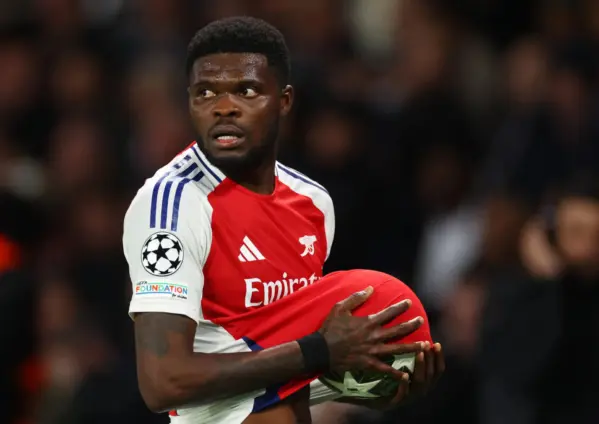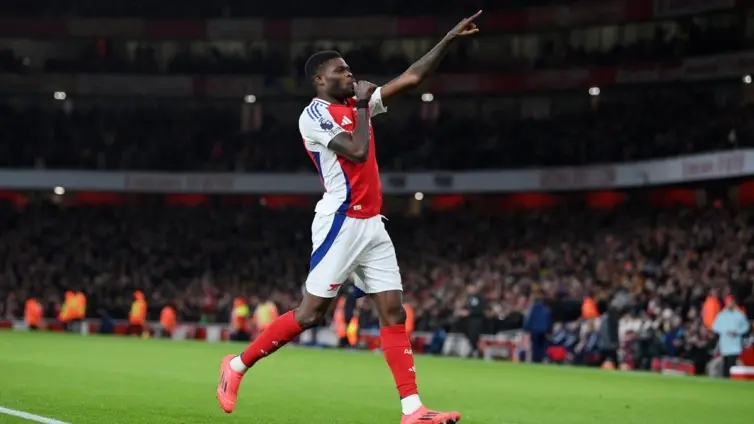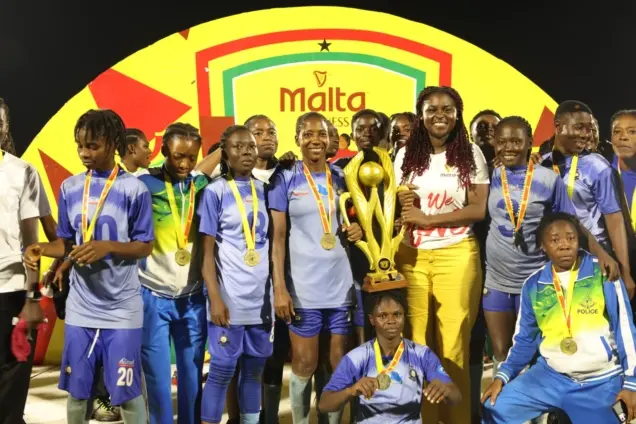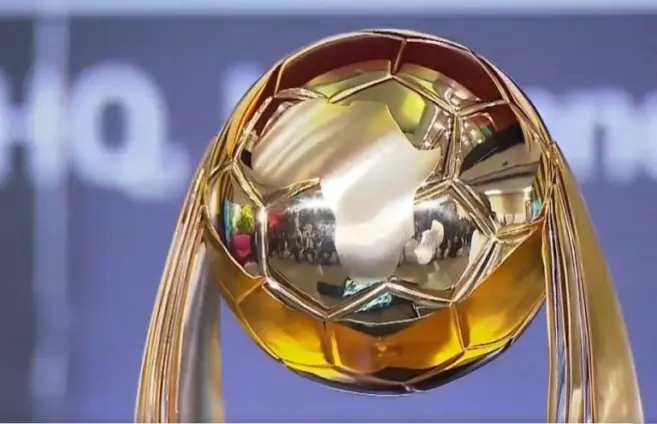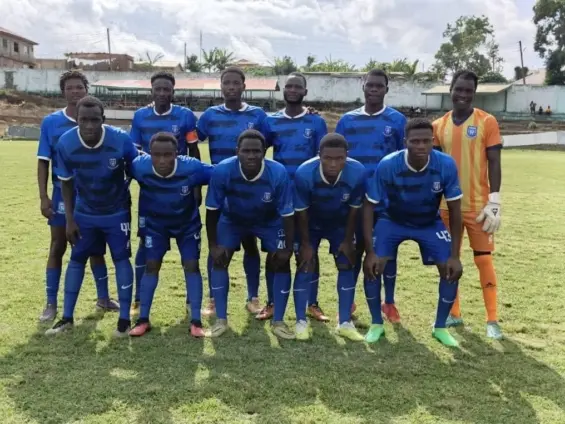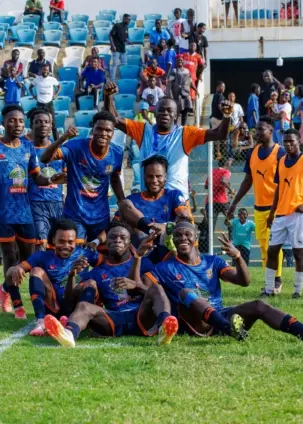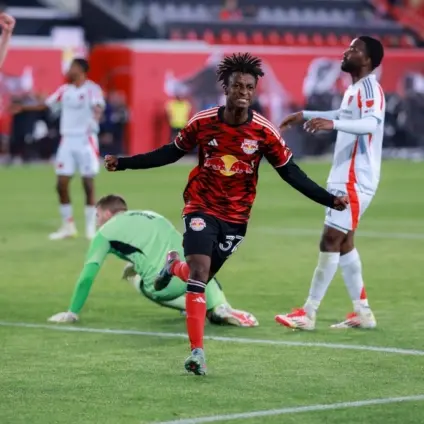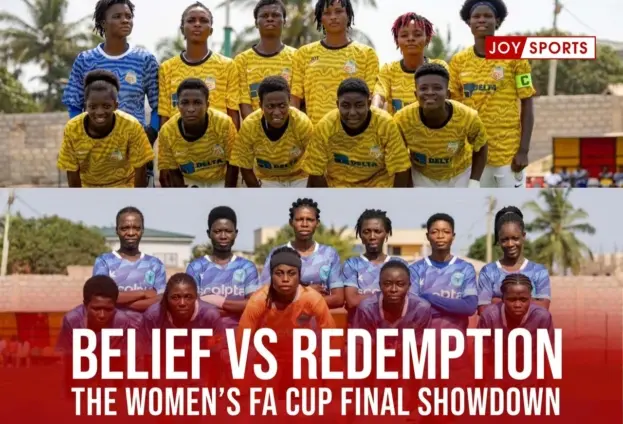Charles Taylor, a celebrated former Ghana international, has stirred considerable debate with his assertions regarding widespread age cheating in Ghanaian football, especially concerning the U-17 teams. Speaking recently on Angel TV, Taylor made the explosive claim that he was significantly older than the stipulated age when he proudly donned the national colors for Ghana’s U-17 squad. His allegations point to a deeper, systemic issue where inflated ages are common in youth football, potentially stifling the progress of genuinely young athletes and harming Ghana’s international standing. This controversy underscores the growing demands for greater accountability and reform in youth sports. Taylor’s revelations offer a troubling glimpse into the state of youth football in Ghana.
Taylor’s interview shed light on what he described as an open secret. He claimed that he was around 20 years old while representing Ghana’s U-17 team, a statement that challenges the integrity of past tournaments and player selections. He went further, suggesting that it’s practically impossible for a Ghanaian player younger than 15 to compete at an elite level. According to Taylor, most players in the U-17 category are, in reality, four to five years older than their declared age. He even recounted an incident where an individual used someone else’s passport to masquerade as an under-20 player while being 25, with the aim of playing in the United States. “I am telling you that any child who claims to be under 15 cannot kick a football,” Taylor stated, emphasizing his conviction that age fraud is rampant.
The repercussions of age cheating extend far beyond individual cases. It creates a skewed playing field, disadvantaging younger, genuinely eligible players who are overshadowed by older, more physically mature competitors. The practice undermines the fairness of the sport and obstructs the natural development pathways for emerging talents. By prioritizing short-term victories achieved through deception, Ghanaian football risks sacrificing long-term growth and the cultivation of sustainable success.
Moreover, age manipulation tarnishes Ghana’s image on the international stage. The potential consequences include disqualifications from tournaments and sanctions imposed by FIFA and other governing bodies. Instead of focusing on nurturing young talent, the emphasis shifts to immediate gains, undermining future prospects and damaging the nation’s sporting reputation. Taylor has called for immediate action to address this issue, particularly in relation to nurturing talents such as Lamine Yamal, an emerging Spanish footballer of African descent. He implores Ghanaian football authorities to implement measures that ensure fair competition and accurate age verification.
Charles Taylor’s career provides a backdrop to his criticisms. He was a member of Ghana’s 2004 Olympic football team, and he secured a silver medal at the 2001 Africa Youth Championship. Taylor earned 41 caps for the Ghana national team, scoring 19 goals. He also represented Ghana at the 2009 African Nations Championship (CHAN). His accomplishments lend weight to his concerns, suggesting that his allegations stem from a place of experience and a desire to improve Ghanaian football.
Several factors contribute to the prevalence of age cheating in Ghana. The allure of financial rewards and the desire to escape poverty can incentivize players and their families to manipulate ages. The absence of robust age verification systems and the lack of rigorous enforcement mechanisms further exacerbate the problem. Pressure from coaches and clubs to secure victories at all costs also contributes to the unethical practice.
Addressing these root causes requires a multifaceted approach. Implementing reliable age verification methods, such as biometric testing, is essential. Raising awareness about the detrimental consequences of age cheating through education campaigns is crucial. Strict penalties must be enforced on those found guilty of manipulating ages. Furthermore, promoting ethical conduct and upholding the principles of fair play in youth football are vital steps toward creating a more transparent and equitable environment. Charles Taylor’s allegations serve as a wake-up call for Ghanaian football. Addressing age cheating is essential for fostering a fair and competitive environment, nurturing genuine talent, and ensuring the long-term success of Ghanaian football. What precise steps should be taken to implement these changes effectively?
Image Source: MYJOYONLINE



